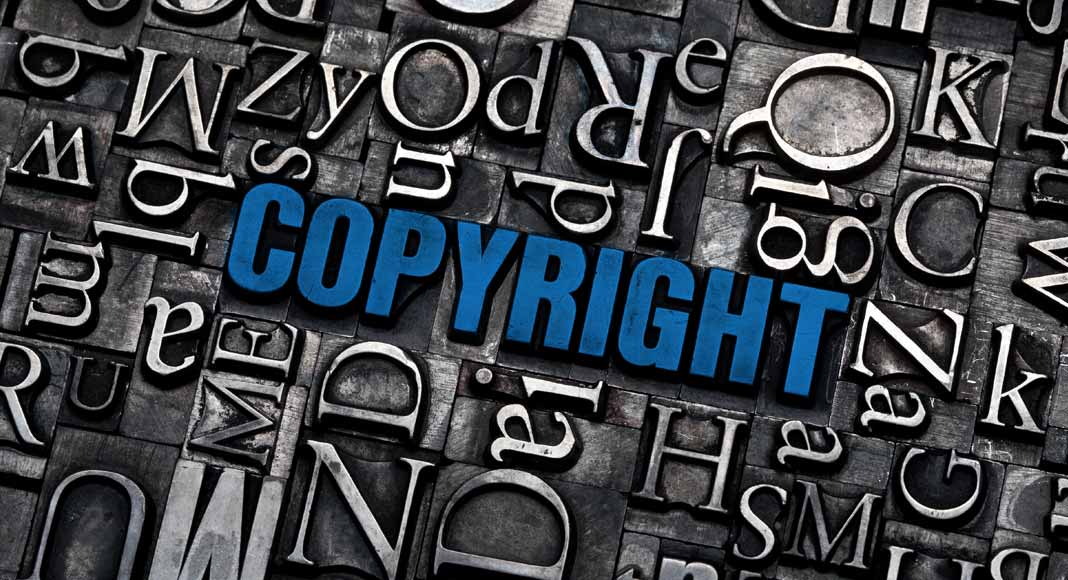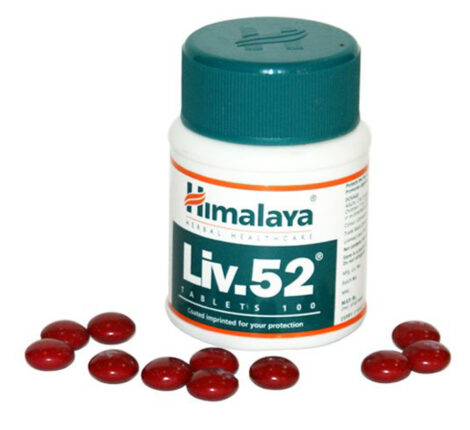Only registered copyright societies can issue licenses in terms of Section 33 of Copyright Act- Madras High Court
In Novex Communications Pvt. Ltd vs. DXC Technology Pvt. Ltd & Anr, the Madras High Court decided that only a recognized copyright society under Section 33 of the Copyright Act can provide licenses in cases where the work is integrated with a cinematograph film or a sound recording.
It held, “There is no doubt true that an owner need not necessarily join a copyright society. The first proviso to Section 33 makes it clear that the right of an owner to issue licenses, in his capacity, remains unimpacted, subject to the rider that such a right must be consistent with his obligations as a member of any copyright society. However, once the grant of license moves from the owner in his individual capacity and transcends into the realm of a business, the second proviso of Section 33(1) is applied. The legislative intent is manifestly clear that the business of licensing must be routed only through a copyright society“.[1]
Also read: Copyright Registration- Mandatory or not?
BACKGROUND:
The plaintiff, Novex Communications Private Limited, has engaged in several assignment agreements with the owners of sound recordings, particularly songs in films in the matter at hand. The plaintiff claimed that their acquired rights confer upon them the absolute copyright for providing licenses to others for on-ground performances of the songs in question because of the rights awarded to them, including the rights for on-ground stage demonstration of sound recordings of the songs.
The charges leveled by Novox against both defendants, DXC Technology Pvt. Ltd. and Cognisant Technologies Solutions India Pvt. Ltd., are identical in both lawsuits. According to Novex, despite Novex’s absolute copyright over ground performances of selected songs under Section 18(2), both defendants played such songs in their events without acquiring a license from them.
The plaintiff also claimed that they had acquired ownership of “sound recordings,” which fall within Section 2(y) of the Copyright Act’s definition of “work.” The plaintiff counsel argued that the owner of a work is distinct from the original content producers who are the writers of the underlying literary, musical, or creative work; only the latter would be subject to the Act’s restrictions.
Also read: Copyright in movie titles
As a result, the plaintiff claims that joining the copyright organization is a voluntary act that does not influence their ability to give licenses.
On the other hand, the defendants maintained that the plaintiffs have recognized that they are in the business of giving sound recording licenses for all types of copyright exploitation. Novex is not a copyright society or a member of a copyright society; hence Section 33 of the Copyright Act prevents them from granting licenses or claiming licensing fees on the transferred rights under Section 30. The defendants further stated that the plaintiff has only claimed rights to on-the-ground performances, which does not entitle them to possess ‘work,’ such as sound recordings.
As a result, the Court formulated the preliminary issue on the question of law that would decide Novex’s competency to bring both of these claims under Order XIV Rule 2(2)(b) of the Code of Civil Procedure, 1908.
Also read: Calcutta High Court refuses to grant injunction to Zee Entertainment in copyright breach case
HIGHLIGHTS OF THE JUDGEMENT:
- The Court determined the rights of a copyright owner in his capacity and those of a commercial enterprise engaged in issuing licenses, ruling that the former is allowed to issue permits as a copyright owner. At the same time, the latter can only do so if it is a registered copyright society.
- The Court observed that, although being an assignee of copyright, Novex cannot carry on the business of giving licences:
“It is no doubt true that the assignee becomes an owner by virtue of Section 18(2) of the Act and is, therefore, legally entitled to issue licenses under Section 30 as the owner of the copyright. Section 30 merely recognises the right of the owner to grant a license and does not make a distinction between individuals and business entities in the matter of granting license. That distinction is, however, at the heart of Section 33 which clamps a prohibition on the “business of issuing or granting licenses” except through copyright societies [Clause (1) and second proviso to Section 33], while retaining the right of the owner, in his individual capacity, to exercise the right of licensing his works conferred on him by Sections 18(2) and 30 of the Act.” (Para 28).[2]
Also read: Emerging trends in digital copyright law
- “An owner’s right to exploit a right in his own capacity by granting a license remains unaffected. However, when it comes to the “business” of providing licenses, the legislation as it exists now requires it to be routed solely via a copyright organization registered under Section 33(3) of the Act.” (Para 29)[3]
- “The argument that the second proviso interferes with the right of the copyright owner under Sections 18 and 30 of the Act is clearly misconceived. Section 33(1) and its second proviso do not touch upon the right of an owner, nor does it debar him from dealing with the business of issuing licenses for his works in his individual capacity. It merely regulates the mode and manner of its exploitation through the business of licensing by routing it through a copyright society”. (Para 31).[4]
- The writers and composers had no share in the royalties under sections 17 and 18 of the Act. The Copyright Amendment Act of 2012 attempted to address the issue by first correcting the injustice of the previous regime by putting writers and composers on an equal footing with owners when it came to copyright society management by amending Section 35 of the Act. The next step was to change Sections 18 and 19 to ensure that the author received equal income. The amendment to Section 33 was to ensure that the business of issuing licenses in copyrights was routed only through copyright societies, and the authors/composers and the copyright owners could equally share the aggregate royalties between them. Therefore, it is impossible to accede to the argument of the learned counsel for the plaintiff that notwithstanding the clear mandate of Section 33(1) and its second proviso, the business of licensing works in sound recordings can be done by business entities like the plaintiff, dehors the provisions above. Such an interpretation would defeat the very purpose of the 2012 Amendment as it would divert the revenue from royalties which were to be pooled in through copyright societies, to be shared equally between the owner and author””. (Para 36)[5]
- The Court contrasted with the Delhi High Court’s conclusion in Novex Communications Private Limited v. Lemon Tree Hotels Limited that the second Proviso to Section 33(1) only refers to the issuing or granting a license concerning the musical work in sound recordings, not the sound recording itself. The Delhi High Court had concluded that if the second proviso applied to sound recordings and cinematographic pictures rather than only the underlying works, the first proviso to Section 33 (1) would be nullified or rendered.
Comments:
As a result, the critical question before the Hon’ble High Court, in this case, was whether Novex as a non-copyright society as defined by Section 33 of the Act has any legal authority to issue or grant a license under the Act. The sole judge of the Hon’ble High Court ruled in favor of DCX ruling that Novex was not competent for granting any licenses under Section 33 of the Act. The Hon’ble Court specifically said that if a corporation (such as Novex) was principally engaged in giving licenses for copyrighted works, the second proviso of Section 33 applied to such works whether they were integrated into them a cinematograph film or a sound recording. The Court determined that Novex’s fundamental cause of action was flawed, and DCX was awarded hefty costs as a result.
Also read: The Concept Of Copyright Society Under The Copyright Act, 1957
[1] https://creativefirst.film/madras-high-court-decision-in-novex-vs-dxc-will-it-change-the-way-copyright-licensing-business-is-conducted-in-india-impact-and-analysis-part-1/
[2] https://www.legitquest.com/case/msnovex-communications-pvtltd-v-dxc-technology-pvt-ltd-and-ors/208B41
[3] Ibid
[4] Ibid
[5] Ibid
Authored by: Vartika Vaishnavi; student of Kirit P Mehta School of Law
Disclaimer: This article is intended to provide general guidance to the subject matter. It does not contain legal advice. For any specific advice/corrections, write to [email protected]
© ZEST IP




